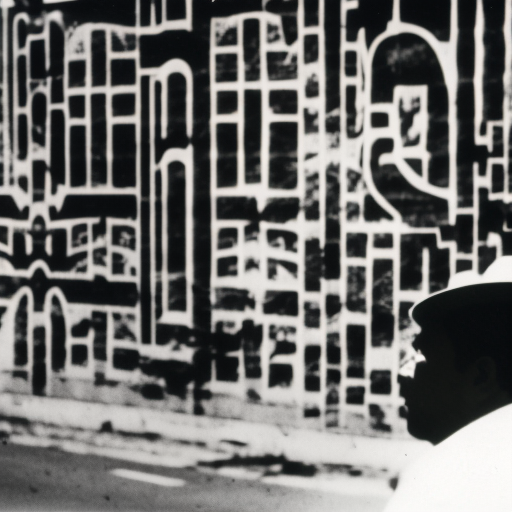The Chicano Movement: Empowering Mexican-Americans
The Chicano Movement was a civil rights movement that emerged in the late 1960s and early 1970s, primarily in the southwestern United States. It sought to empower Mexican-Americans, also known as Chicanos, and address the social, economic, and political inequalities they faced. The movement was a response to decades of discrimination and marginalization experienced by Mexican-Americans in the United States.
Background: The Chicano Movement was influenced by several factors, including the civil rights movement, the farmworkers’ movement led by Cesar Chavez, and the student activism of the 1960s. Mexican-Americans faced systemic discrimination, limited access to education and healthcare, and low-paying jobs. They were often subjected to racial profiling and police brutality. The movement aimed to challenge these injustices and assert the rights and cultural identity of Mexican-Americans.
Key Organizations and Leaders:
1. United Farm Workers (UFW): The UFW, led by Cesar Chavez and Dolores Huerta, played a significant role in the Chicano Movement. They organized strikes and boycotts to demand fair wages and better working conditions for farmworkers, many of whom were Mexican-Americans.
2. La Raza Unida Party: The La Raza Unida Party was a political party founded in 1970 that aimed to mobilize Mexican-Americans politically. It sought to challenge the two-party system and advocated for bilingual education, improved healthcare, and greater representation for Mexican-Americans in government.
3. Student Activist Groups: Student organizations, such as the Mexican American Youth Organization (MAYO) and the Brown Berets, played a crucial role in the Chicano Movement. They organized protests, walkouts, and educational initiatives to address the inequalities faced by Mexican-American students.
Main Goals and Achievements:
1. Educational Reform: One of the primary goals of the Chicano Movement was to address the educational disparities faced by Mexican-American students. Activists demanded bilingual education, culturally relevant curriculum, and increased access to higher education. Their efforts led to the establishment of ethnic studies programs and the recruitment of more Mexican-American teachers and administrators.
2. Political Empowerment: The Chicano Movement aimed to increase political representation and participation among Mexican-Americans. The La Raza Unida Party fielded candidates for various political offices, and their efforts led to the election of several Mexican-American officials. The movement also encouraged voter registration drives and civic engagement within the community.
3. Workers’ Rights: The Chicano Movement supported the rights of Mexican-American workers, particularly farmworkers. The UFW’s successful grape boycott and strikes brought attention to the exploitative working conditions in the agricultural industry. Their efforts led to improved wages, better working conditions, and the recognition of farmworkers’ rights.
4. Cultural Pride: The Chicano Movement aimed to promote and celebrate Mexican-American culture and heritage. Activists organized cultural events, art exhibits, and festivals to showcase the contributions of Mexican-Americans to American society. They also fought against negative stereotypes and discrimination based on cultural identity.
Legacy:
The Chicano Movement had a lasting impact on the Mexican-American community and the broader civil rights movement. It raised awareness about the struggles and contributions of Mexican-Americans, leading to significant improvements in education, political representation, and workers’ rights. The movement also inspired subsequent generations of activists and influenced the development of ethnic studies programs in universities across the United States.
In conclusion, the Chicano Movement emerged as a response to the systemic discrimination and marginalization faced by Mexican-Americans. It sought to address social, economic, and political inequalities and empower the community. Through the efforts of organizations like the UFW and La Raza Unida Party, the movement achieved significant victories in the areas of education, political representation, workers’ rights, and cultural pride. The legacy of the Chicano Movement continues to inspire activism and promote the rights and dignity of Mexican-Americans.












